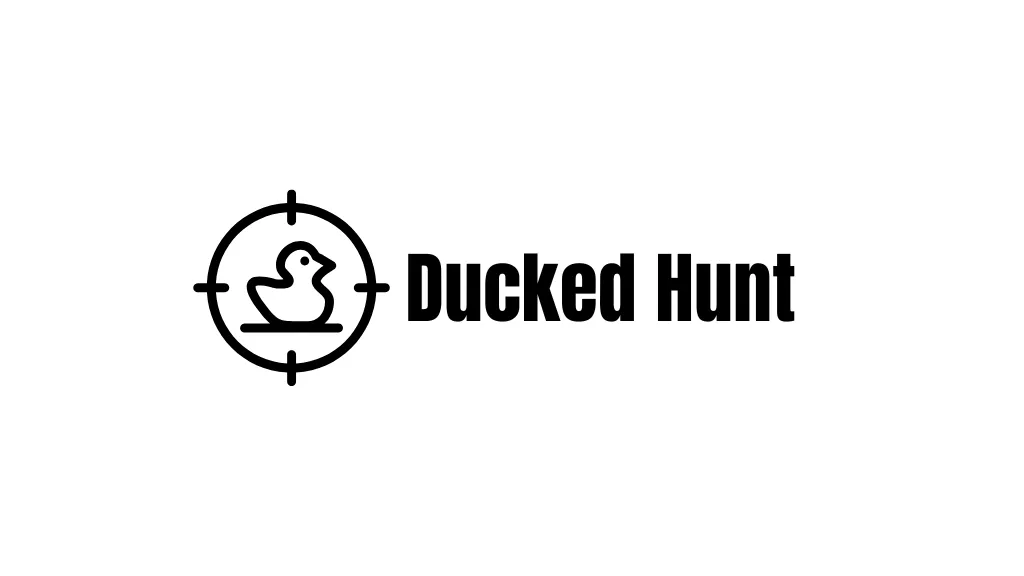Ducked Hunt
Drug Awareness Campaign
Prevention Over Intervention
Quack into a Brighter Future. Your $5 donation can help us reach a young duckling and guide them towards a healthy, drug-free life. Adopt a Duck today!
Drug Awareness Songs
Parents, let's talk about the Duck in the room. Drugs.
It's a scary topic, but it's more important than ever to have open and honest conversations with our kids.
The dangers of drugs are real, and they're only getting worse. Fentanyl, a deadly synthetic opioid, is now the leading cause of overdose deaths in the United States. One tiny pill can be laced with fentanyl, leading to a potential overdose and death.
Here's where you come in
Start early and talk often.
Don't wait until your child is a teenager. Start having age-appropriate conversations about drugs when they're young.
Be honest and open
Don't sugarcoat the dangers of drugs. Tell your kids the truth about the risks, including addiction, overdose, and death.
Listen more than you talk
Let your kids know that you're there to listen, without judgment. Ask open-ended questions and really listen to their answers.
Set clear expectations
Let your kids know that you expect them to be drug-free. Talk about the consequences of drug use, and be clear about your expectations.
Create a safe space for communication
Use the word "duck" as a safe word. If your child ever needs to talk to you about drugs, but feels uncomfortable doing it directly, they can use the word "duck" to signal that they need to talk to you privately.
Remember, you're not alone in this. There are many resources available to help you talk to your kids about drugs.
Resources
National Institute on Drug Abuse
Partnership for Drug-Free Kids
Let's work together to keep our kids safe from the dangers of drugs.
Quack No Crack: A Fun and Educational Drug Awareness Campaign
Story Ministry is launching a unique and engaging drug awareness campaign called "Quack No Crack." This initiative aims to educate young children about the dangers of drug use in a fun and memorable way.
The Rubber Duck Connection
Over the next few months, Story Ministry will be distributing rubber ducks to children throughout the community. These cheerful yellow ducks serve as a symbol of the campaign and a reminder to stay away from drugs. The rubber duck, often associated with bath time fun and childhood innocence, provides a playful contrast to the serious message of drug prevention.
Educational Outreach
In addition to distributing rubber ducks, Story Ministry will be actively involved in educational outreach programs.
These programs will include
School Presentations: Engaging presentations for students of all ages, tailored to their understanding level.
Community Events: Interactive booths and activities at local fairs and festivals.
Online Resources: A dedicated website and social media channels providing information and tips for parents and children.
The Power of Prevention
"Quack No Crack" emphasizes the importance of prevention. By educating young children about the risks and consequences of drug use, Story Ministry hopes to inspire them to make healthy choices and lead drug-free lives. The campaign's goal is to create a generation of informed and empowered individuals who are resilient to peer pressure and substance abuse.
By combining fun and education, "Quack No Crack" aims to make a lasting impact on the lives of young children and their families.

Here are 20 ways for kids to say no to drugs without their friends pressuring them
No thanks, I'm good. (Simple and direct)
I don't do drugs. (Clear and concise)
I'm not interested.( To the point and polite)
I'm focusing on other things right now. (Shifting the focus)
I'm not comfortable with that. (Honesty is key)
I don't want to get in trouble. (Consequences matter)
I'm worried about my health. (Health concerns are valid)
My parents would be upset. (Parental disapproval is powerful)
I'm not going to risk my future. (Long-term consequences)
I don't want to let myself down. (Self-respect is important)
I'm not going to do something that could hurt me. (Self-preservation)
I'm not going to let anyone pressure me into doing something I don't want to do. (Standing up for yourself)
I'm going to stick to my own decisions. (Independence is empowering)
I'm not going to let anyone ruin my life. (Seriousness of the situation)
I'm going to find other ways to have fun. (Healthy alternatives)
I'm going to find friends who don't do drugs. (Surrounding yourself with positive influences)
I'm going to get help if I need it. (Knowing when to ask for support)
I'm not going to give up on myself. (Self-belief is crucial)
I'm going to make good choices. (Taking responsibility for your actions)
I'm going to live a healthy and happy life.(Positive outlook)
Collect Our Trading Cards
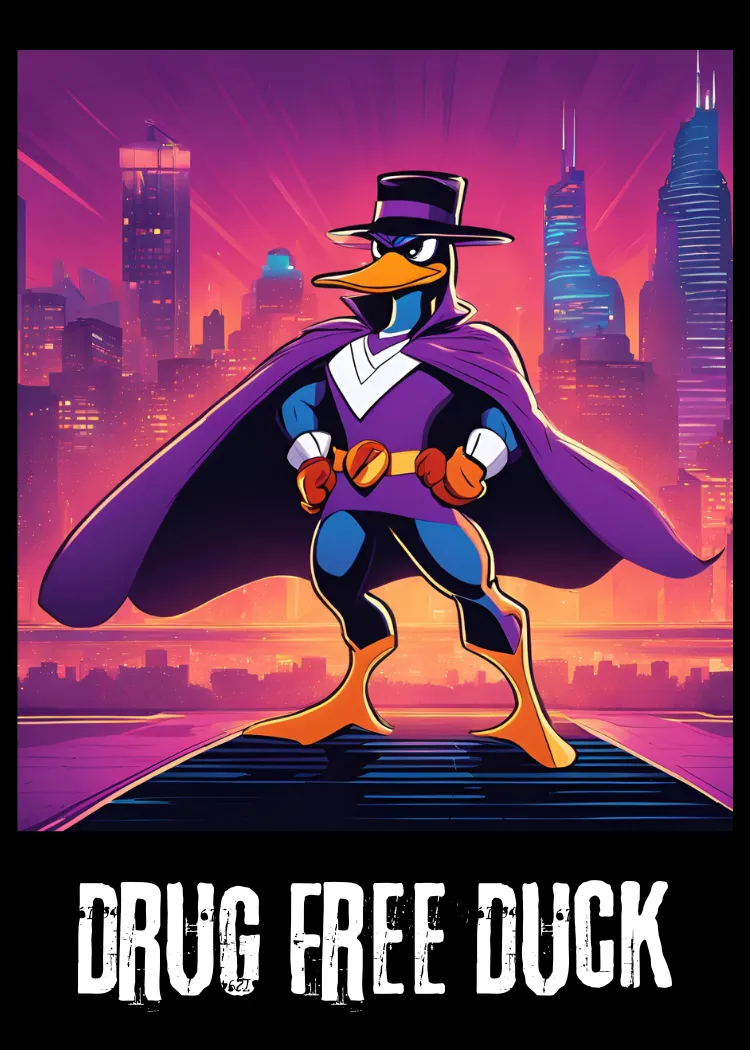
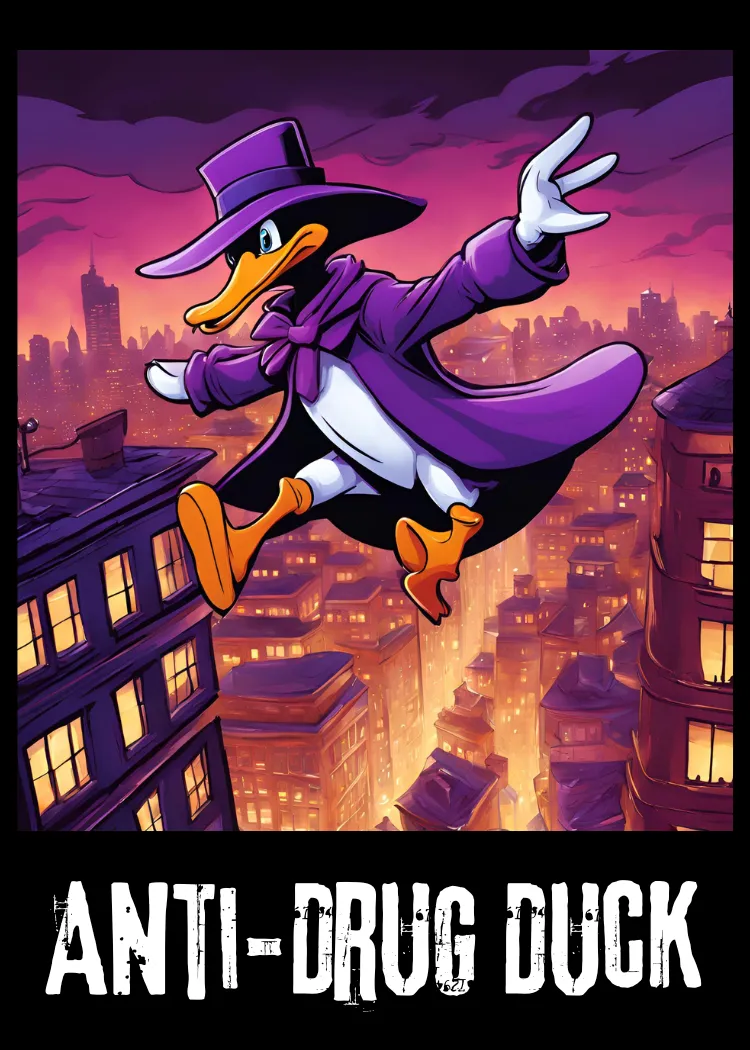
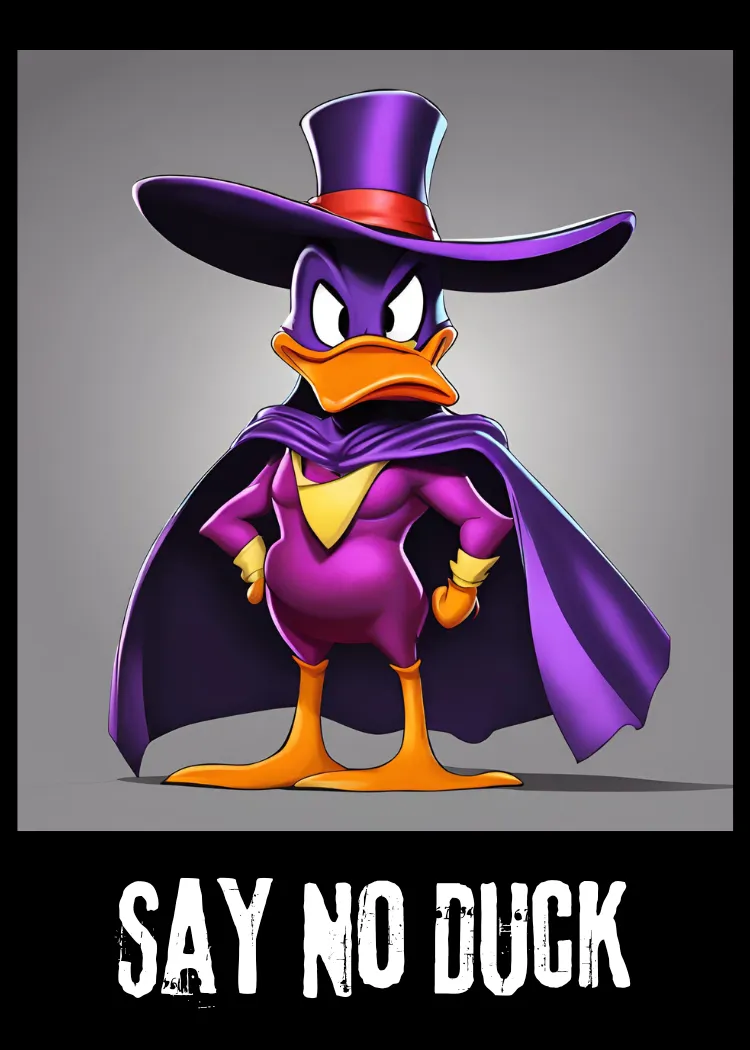
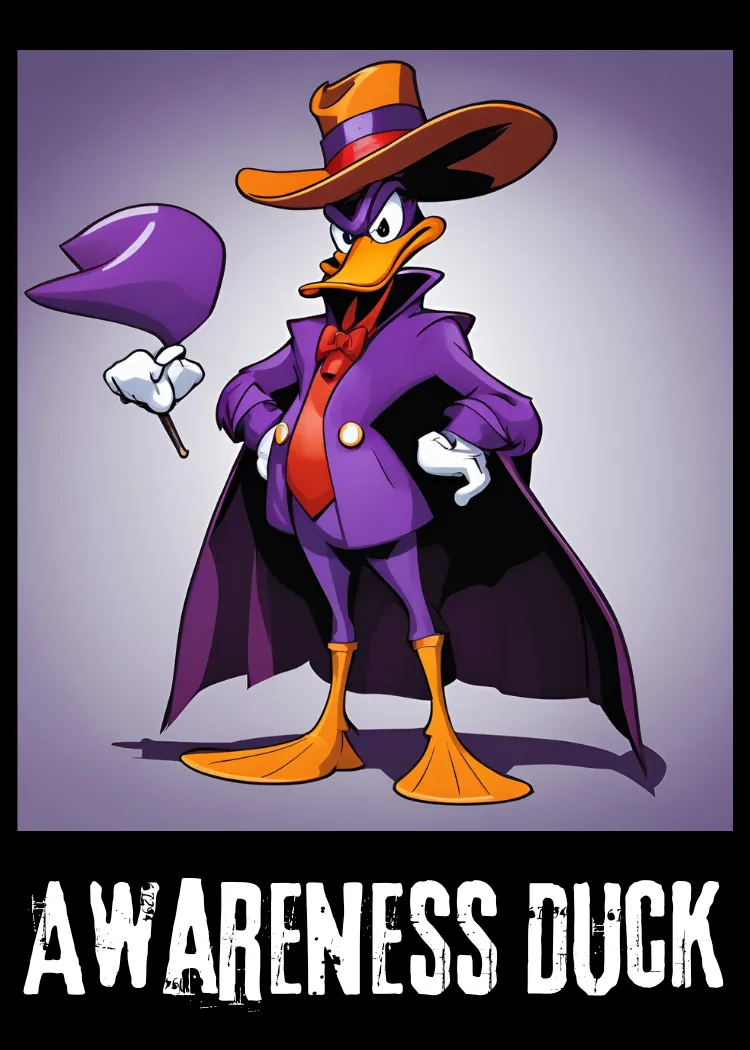
Find A Local School or Business That Participates
Ducked Hunt The Game How to play
Imagine a fun treasure hunt! We've hidden some special rubber ducks all around our business. These ducks are extra special because they have a secret code on them!
Here's how to play
Go exploring! Look carefully in all sorts of places – behind plants, under tables, maybe even peeking in corners.
Found a duck? Show it to a grown-up working at the location you find them.
Get a prize! You'll get a cool toy and you can keep the duck!
Scan the code! Use your grown-up's phone to scan the special code on your duck. It will take you to fun games, cool songs, and important information to keep you safe and healthy.
Remember
Have fun exploring! Ask a grown-up if you're not sure where to look. Most importantly, learn something new and stay safe!

Would You Rather... (Drug Awareness Edition)
Questions:
Would You Rather...
A:Go to a party where everyone is drinking alcohol.
B:Go to a different party where people are playing games and having fun without drugs or alcohol.
Would You Rather...
A:Refuse a drug offered by your best friend and risk losing their friendship.
B:Try the drug once to avoid disappointing your friend.
Would You Rather...
A:Tell a trusted adult about someone who is selling drugs at school.
B:Keep quiet to avoid getting involved.
Would You Rather...
A:Spend your free time playing sports or engaging in hobbies.
B:Spend your free time hanging out with friends who use drugs.
Would You Rather...
A:Go to a party where everyone is vaping.
B:Go to a different party where people are enjoying healthy snacks and playing games.
Would You Rather...
A:Find drugs in your sibling's room and keep it a secret.
B:Tell a trusted adult about what you found.
Would You Rather...
A:Believe everything you hear about drugs from your friends.
B:Research and learn about the facts from reliable sources.
Would You Rather...
A:Feel pressured to try drugs to fit in with a certain group.
B:Find a group of friends who share your values and enjoy healthy activities.
Would You Rather...
A:Use a prescription medication that isn't prescribed to you.
B:Refuse the medication and explain why it's important to only take prescribed medications.
Would You Rather...
A:Believe the myth that drugs can solve all your problems.
B:Learn about healthy coping mechanisms for stress and anxiety.
Would You Rather...
A:Ignore warning signs of drug use in a friend.
B:Talk to your friend about your concerns and offer support.
Tips for Parents:
Keep it age-appropriate: Adjust the scenarios to match your child's age and maturity level.
Focus on communication: Encourage open and honest discussions about the reasons behind each choice.
Explore different perspectives: Help your child understand the potential consequences of each choice, both positive and negative. Make it a regular activity: Play this game periodically to keep the conversation about drug awareness ongoing.
Important Note:
This game is intended to be a starting point for conversations about drug awareness. It is crucial to tailor the game to your child's specific needs and to ensure that the content is appropriate and engaging for them. This information is for general knowledge and informational purposes only. For medical advice or diagnosis, consult a professional.
This game can be a fun and engaging way to start important conversations with your child about drug awareness. Remember to be patient, understanding, and supportive throughout the game.

Here are 20 facts about the dangers of drugs that all kids should know
Drugs can damage your brain: They can interfere with how your brain develops, leading to problems with learning, memory, and decision-making.
Addiction is real: Drugs can change your brain chemistry, making it hard to stop using them even if you want to.
Drugs can hurt your body: They can damage your heart, lungs, liver, and other organs.
Drugs can make you sick: They can cause infections, overdoses, and even death.
Drugs can make you do things you regret: They can impair your judgment and make you more likely to engage in risky behaviors.
Drugs can affect your relationships: They can strain your relationships with family and friends.
Drugs can lead to legal trouble: Using or possessing drugs can result in arrest and imprisonment.
Drugs can cost you a lot of money: They can be expensive to buy, and they can lead to job loss and other financial problems.
Drugs can make you feel bad about yourself: They can contribute to depression, anxiety, and low self-esteem.
Drugs can make it hard to succeed in school: They can interfere with your ability to focus and learn.
Drugs can make you more likely to get hurt: They can impair your coordination and reaction time, making you more likely to have accidents.
Drugs can make you more vulnerable to abuse: They can make you more likely to be taken advantage of by others.
Drugs can make you more likely to commit suicide: They can increase your risk of depression and other mental health problems, which can increase your risk of suicide.
Drugs can make you more likely to engage in violence: They can increase your aggression and make you more likely to hurt yourself or others.
Drugs can make you more likely to get into trouble with the law: They can increase your risk of arrest and imprisonment.
Drugs can make you more likely to lose your job: They can impair your work performance and make you more likely to be fired.
Drugs can make you more likely to lose your home: They can lead to financial problems that can make it difficult to afford housing.
Drugs can make you more likely to lose your family: They can strain your relationships with your loved ones and make them more likely to abandon you.
Drugs can make you more likely to die: They can increase your risk of accidents, overdoses, and other health problems.
Drugs are not worth the risk: There are many other ways to cope with stress, anxiety, and other problems in your life.
